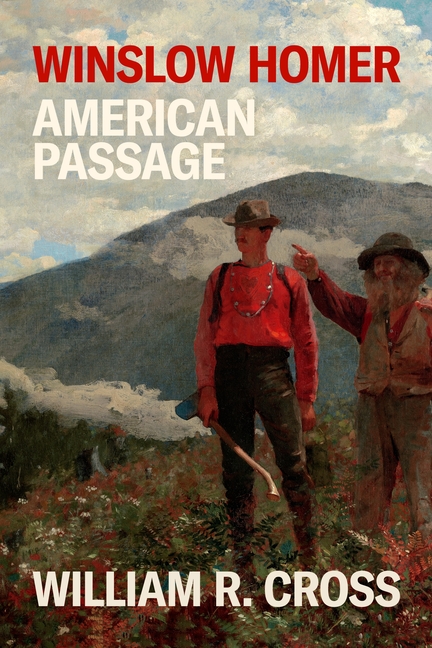Cross’s scrupulous new book is devoted to Homer as both man and artist and is largely a pleasure to read, despite the inevitable difficulties of the subject: call him repressed; call him, as Cross does, 'a misfit by nature' or even a 'human periscope,' who liked to observe others without being seen. Cross tries to circumvent these difficulties by placing the life in a wider context, particularly in Homer’s early years ... How the young man managed such personal and political discord is unknown. Cross, whose scruples sometimes lead to a Homer-like reticence, refuses even to ask questions ... Cross seeks to provide a wider context, and while the material remains thin, one is grateful for every scrap that shows Homer living as a painter among painters ... Cross’s portrayal of Homer, as contemporary as the Met’s, emphasizes his 'empathy with Blacks and Native Americans.' The latter part of the statement is not untrue, although Homer’s contact with Native Americans was limited: a Montaukett chief on Long Island whom he met (and painted) in 1874—Cross relates that Homer’s wealthy uncle swindled the tribe out of land—and Indigenous guides hired to lead a fishing trip he took with his older brother in Quebec, people whose work in making canoes he documented and admired. These paintings have never been well known, and Cross’s contribution here is particularly fresh.
Read Full Review >>

